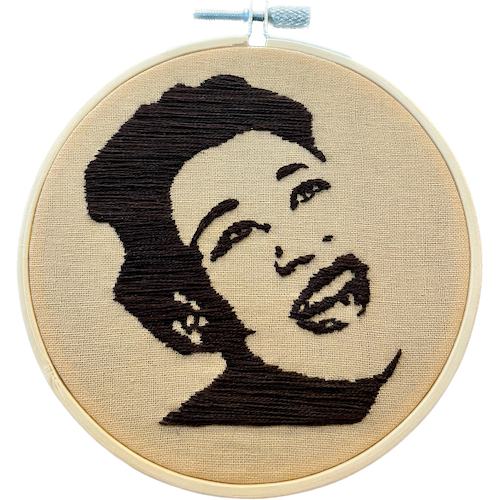
Billie Holiday
Billie Holiday was an influential jazz singer in the 1930s and 40s. She is known for her innovative vocal style; masterful use of improvisation, expressive harmonies and phrasing, and an incredible sense of rhythm combined to create a sound that was uniquely hers.
In her early career, she faced pressure to soften her singing style, and she never backed down. She knew what was authentic to her and stuck to it throughout her career.
At times, she experimented with new styles such as swing and pop and found ways to make those authentically hers as well. "What a Little Moonlight Can Do," arguably her claim to fame, is a pop record.
One of Holiday's most meaningful and controversial songs, "Strange Fruit," is based on a poem about lynching. It was a mainstay in her repertoire for 20 years and became an anthem for the civil rights movement.
Holiday struggled with addiction throughout her career and was often targeted by federal authorities due to racism and her past drug problems. She despised the drug war because it forced the police to treat ill people like criminals.